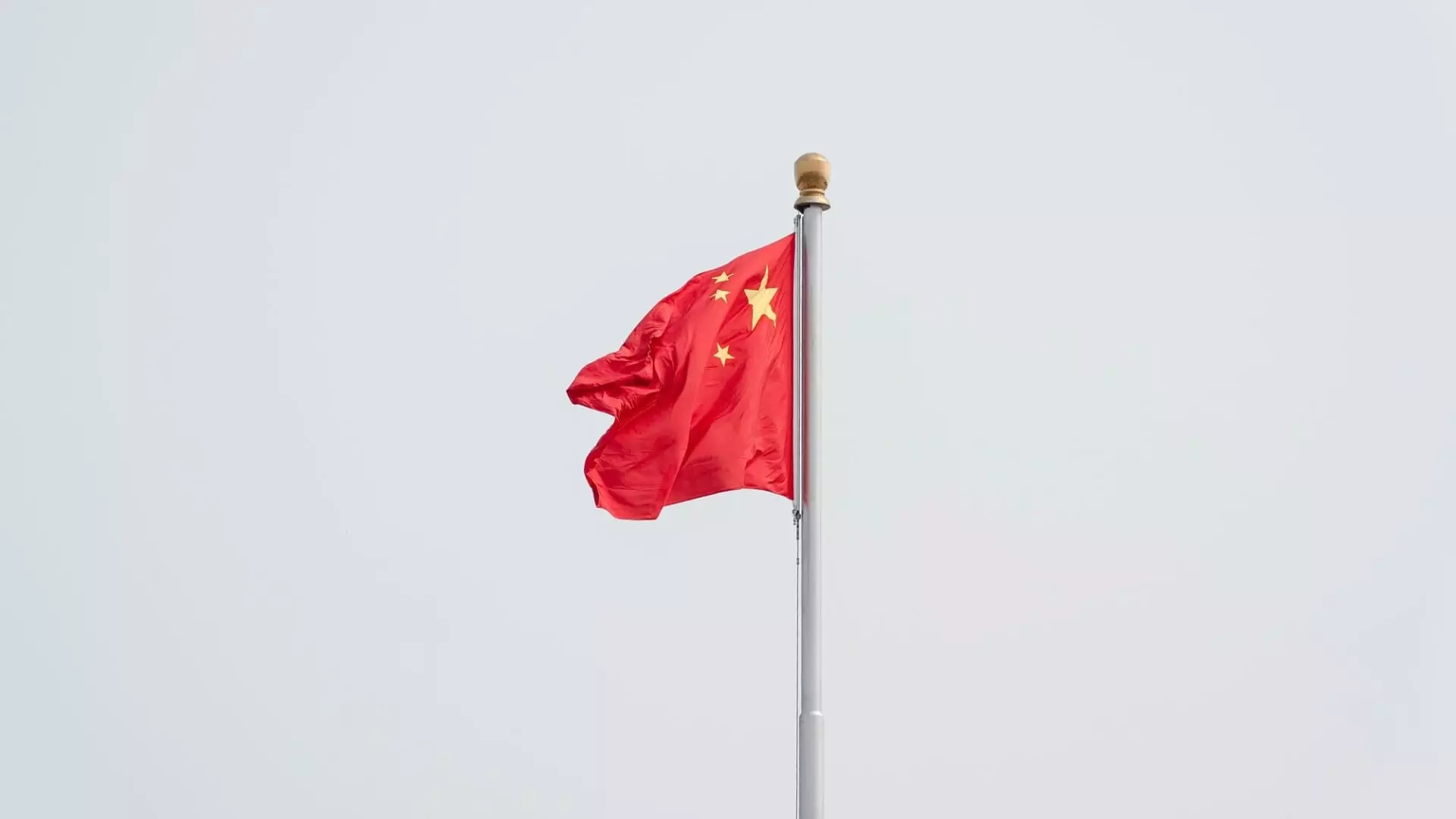As China gears up for the much-anticipated Third Plenum, analysts are expecting a shift in focus towards areas beyond the real estate market. While the country’s real estate issues loom large, the upcoming policy meeting is anticipated to concentrate on high local government debt levels and a drive for advanced manufacturing. According to Larry Hu, chief China economist at Macquarie, Beijing’s major challenge lies in finding an alternative fiscal system, given the current heavy reliance on land sales. The meeting is expected to delve into fiscal reform and other structural policies, steering away from cyclical policies that are typically addressed in more regular gatherings.
The Third Plenum has historically been centered around economic policy, dating back to significant changes initiated under Deng Xiaoping’s leadership in 1978. The upcoming plenary meeting is eagerly awaited for its insights on financial reform, according to Dan Wang, chief economist at Hang Seng Bank (China). Wang is particularly interested in details surrounding banking sector consolidation and policies regarding local government finances and taxes. Notably, the Third Plenum is expected to underline Beijing’s commitment to innovation, particularly in the realm of advanced manufacturing and high-tech industries.
While the real estate sector’s woes directly impact most households in China, they are also intertwined with local government finances burdened by hidden debt. Previously reliant on land sales for revenue, local governments are now facing the need to cultivate sustainable revenue sources, with direct taxes on consumption, income, and property being considered as solutions. HSBC analysts suggest that broadening the imposition of direct taxes, particularly a consumption tax, could incentivize local authorities to promote consumption, aligning with Beijing’s push for new productive forces.
Despite the anticipated policy discussions at the upcoming Third Plenum, China’s financial sector has been grappling with challenges, leading to increased oversight by the Chinese Communist Party since 2022. Yao Yang, professor at Peking University, highlights the need to constrain the financial industry, including real estate, to promote competition with the U.S. through the development of manufacturing and technology sectors. In a bid to address income inequality and financial risks, China has introduced more restrictions on the banking and finance sectors, hinting at a shift towards sustainable economic growth and modernization.
With an official focus on the comprehensive deepening of reform and advancing Chinese modernization, the Third Plenum aims to build a high-standard socialist market economy by 2035. China’s vision for socialist modernization includes achieving per capita GDP levels comparable to moderately developed countries, expanding the middle-income group, and reducing disparities in living standards. However, this ambitious goal will require navigating challenges stemming from the aftermath of the Covid-19 pandemic, rising geopolitical tensions, and a slowing economy.
In addition to economic reform and financial restructuring, China faces mounting concerns related to income inequality and perceived unequal opportunities. Surveys conducted since 2004 indicate a growing sense of economic decline among respondents, irrespective of income brackets. The changing economic landscape in China, coupled with a slowdown in opportunities, has raised concerns about fairness and equality, emphasizing the need for sustainable reforms and innovative strategies to drive economic growth.

